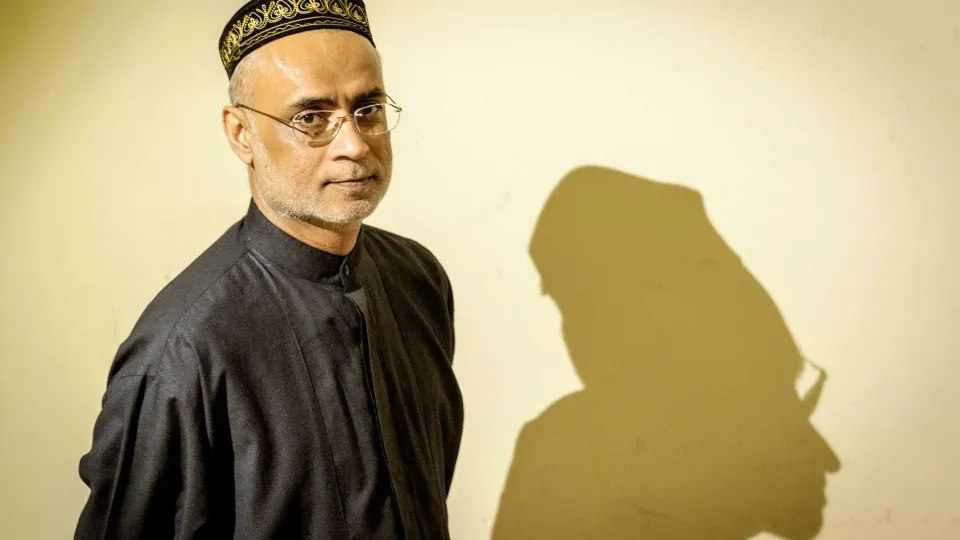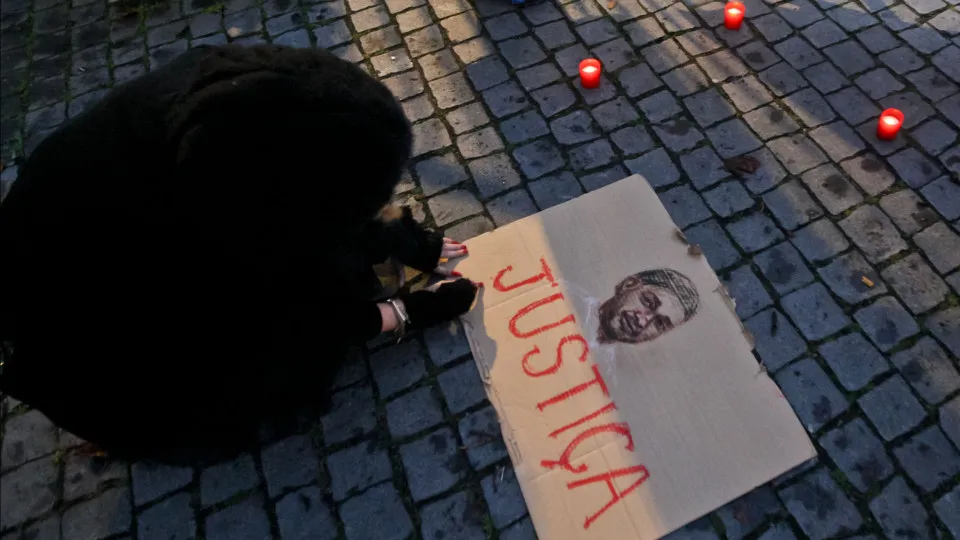
The PSD, IL, and CDS-PP today endorsed Chega’s bill in the general sense, aiming to ban the use of the burqa in public spaces, citing women’s rights and security concerns. However, David Munir argues that this issue is not prevalent in Portugal.
Those who wear burqas (completely covering the body) are just “a handful of Muslim women” in Portugal, while those who use ‘niqab’ (a face-covering mask) number “a dozen and a little more,” stated the Portuguese sheikh. He noted that most women opt for veils over their hair.
“The use of the burqa is not mandatory in Islam, nor is the ‘niqab.’ A Muslim woman can have an uncovered face” and “can wear whatever clothes she chooses freely,” thus dismissing the women’s rights issue in this context, he considered.
Once the new law is passed, it will be “analyzed by constitutionalists to determine if it contradicts the Constitution of the Republic or the religious freedom law.” However, “in practice, if we look into it, how many Muslim women have been caught with their faces covered doing anything that endangered security?” he questioned.
“Zero,” he responded, highlighting that there are also no instances where Muslim women refused to identify themselves to authorities when wearing a burqa or ‘niqab.’
“With so many severe problems we have in our country, such as babies being born in ambulances or hospitals being closed due to a lack of doctors,” instead of focusing on these situations and finding solutions, “we are discussing the clothing of a Muslim woman,” commented David Munir.
Stressing that “security is an important issue,” the imam noted that there are more risks associated with the use of weapons than with religious attire.
“According to Muslim law, no one can be forced to wear what they do not want, not even daughters. And many Muslim women do not even wear the headscarf,” but “as long as they wear modest clothing, it is acceptable,” considered David Munir.
If the law is approved, a Muslim family accustomed to wearing the burqa or ‘niqab’ will “either wear the headscarf or stay home.”
Alternatively, “they might choose to move to another country where they feel more comfortable,” which is what “some apparently desire” with this law, which is “a veiled way of attacking immigrants,” with a “somewhat Islamophobic discourse,” Munir pointed out.
However, “above all,” this law “is a way of blinding Portuguese taxpayers” and “diverting attention from more serious problems” in the country, he accused further.
The initiative received favorable votes from Chega, PSD, IL, and CDS-PP, with opposition from PS, Livre, BE, and PCP, while PAN and JPP abstained.
While IL and CDS-PP expressed support for Chega’s project that “prohibits face-covering in public spaces, except in certain cases,” PSD showed willingness to “make this journey,” but stated that “the proposed text can and should be improved in detail.”
On the left, PS argued for the need to be careful while drafting laws, in a context where the extreme right wants to “direct hatred” towards a “specific target,” in this case, the Muslim community. PCP and BE opposed the proposal, whereas Livre accused Chega of presenting a deliberately “poorly made” project and, therefore, opted not to focus on this debate.
With this initiative, Chega proposes that “wearing clothes intended to hide or obstruct the display of the face” in public spaces be forbidden, with some exceptions. During the debate’s opening, the leader of Chega specified that the goal is to ban women “from wearing burqas in Portugal” particularly addressing immigrants.
“Anyone arriving in Portugal, from anywhere, with their customs or religion, must, above all, comply with, respect, and ensure the respect of this country’s customs and values,” defended André Ventura.




